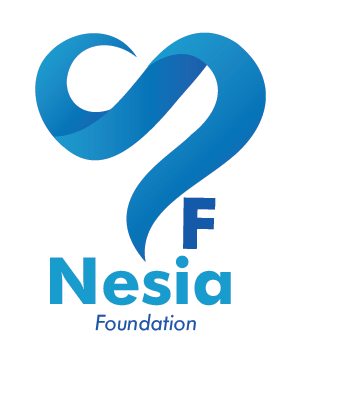
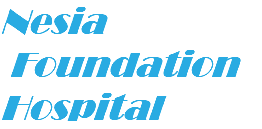
DENTISTRY AND TEETH
SURGERY
.jpg?crc=7355132)


<
>
DENTAL HEALTHCARE
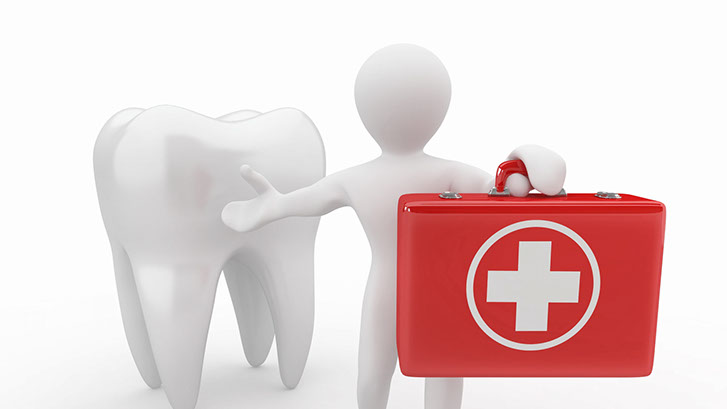
There are a lot of families in Kenya and Nakuru to be specific who have problems when it comes to accessing dental care.
Access challenges include difficulty getting to a dental office, prioritizing dental care among other health crises and basic needs of living, overcoming financial barriers, and navigating government assistance programs.
Fewer people have dental insurance than have medical insurance, and it is often lost when individuals retire. Some may need special financial arrangements or case management services to overcome these obstacles, especially those individuals with physical disabilities and/or mental health challenges.

A dentist, also known as a dental surgeon, is a surgeon who specializes in dentistry, the diagnosis, prevention, and treatment of diseases and conditions of the oral cavity.
The dentist's supporting team aids in providing oral health services. The dental team includes dental assistants, dental hygienists, dental technicians, and in some states, dental therapists.
Kenyans are living longer and keeping more of their teeth in old age. As the elderly population increases, its oral health needs and ability to access care are garnering more attention. About 1 in 5 older Kenyans has untreated tooth decay, and more than 40 percent have periodontal diseases.
However, an estimated 70 percent of seniors lack or have limited dental insurance, and fewer than half access dental care each year. Research shows that utilization declines with age, particularly because of transportation and mobility challenges.
-crop-u3513.jpg?crc=3897541836)
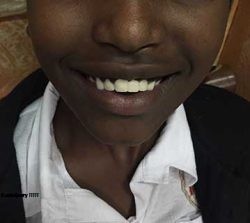
75% of Kenyan population suffers from some stage of periodontal gum disease. Our mouths are full of bacteria. These bacteria, along with mucus and other particles, constantly form a sticky, colorless “plaque” on teeth.
Brushing and flossing help get rid of plaque. Plaque that is not removed can harden and form “tartar” that brushing doesn’t clean, which if left untreated can turn into gum disease.
Nesia Foundation Hospital, Nakuru offers comprehensive dental services provided by a highly trained and experienced dental team. Some of the services we offer include:
- Aesthetic Dentistry - Endodontics - Implantology - Oral Surgery
- Orthodontics (Braces) - Paediatric Dentistry - Periodontics -
- Prosthetics (crowns, bridges & dentures) - Restorative Dentistry
HIV AND AIDS MANAGEMENT AND
LIFESTYLE
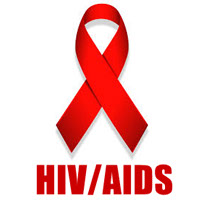
HIV stands for human immunodeficiency virus, which is the virus that causes HIV infection. The abbreviation “HIV” can refer to the virus or to HIV infection.
AIDS stands for acquired immunodeficiency syndrome. AIDS is the most advanced stage of HIV infection.
HIV attacks and destroys the infection-fighting CD4 cells of the immune system. The loss of CD4 cells makes it difficult for the body to fight infections and certain cancers. Without treatment, HIV can gradually destroy the immune system and advance to AIDS.

HIV is spread through contact with certain body fluids from a person with HIV. These body fluids include:
- Blood -Semen -Pre-seminal fluid
Vaginal fluids -Rectal fluids -Breast milk
HIV/AIDS remains one of the world's most significant public health challenges, particularly in low- and middle-income countries.
As a result of recent advances in access to antiretroviral therapy (ART), HIV-positive people now live longer and healthier lives. In addition, it has been confirmed that ART prevents onward transmission of HIV.

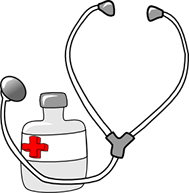
What are the symptoms of HIV/AIDS?
Within 2 to 4 weeks after a person becomes infected with HIV, they may have flu-like symptoms, such as fever, chills, or rash. The symptoms may last for a few weeks after they become infected.
After this earliest stage of HIV infection, HIV continues to multiply but at very low levels. More severe symptoms of HIV infection, such as signs of opportunistic infections, generally don’t appear for many years. (Opportunistic infections are infections and infection-related cancers that occur more frequently or are more severe in people with weakened immune systems than in people with healthy immune systems.)
Without treatment with HIV medicines, HIV infection usually advances to AIDS in 10 years or longer, though it may take less time for some people.
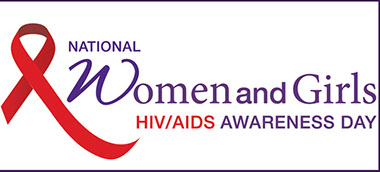
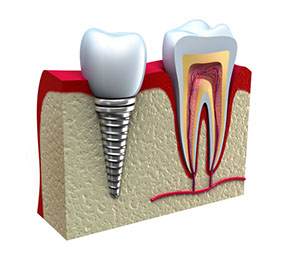

2.jpg?crc=512678592)
2.jpg?crc=400130816)
@2018 Nesaifoundation , Nakuru
Nesia Hospital.
email : info@nesiafoundation.org
web : www.nesiaforundation.org
Phone : +254 723 523 247
We Value your life.